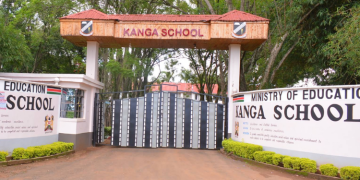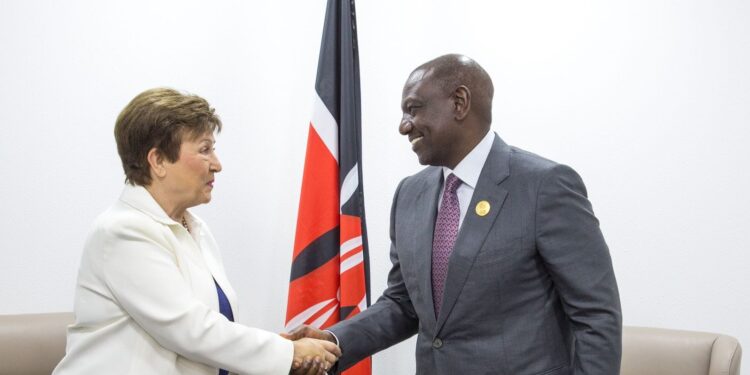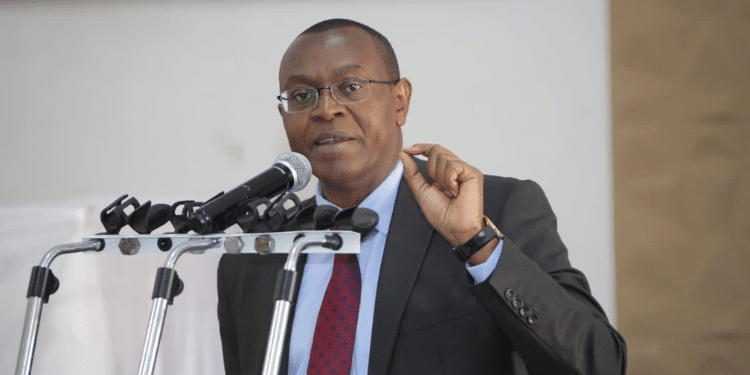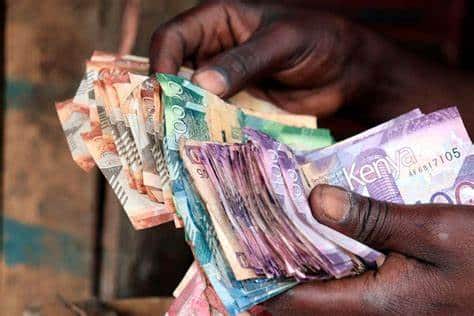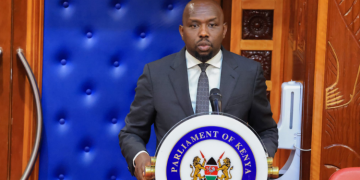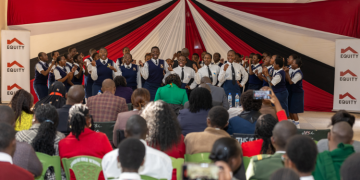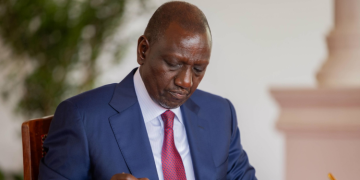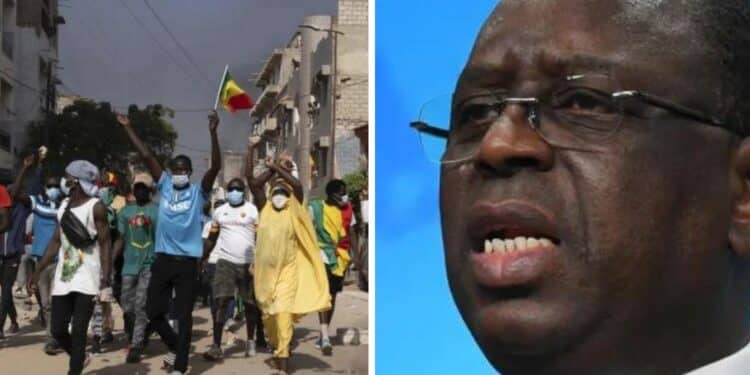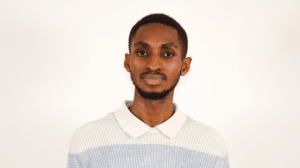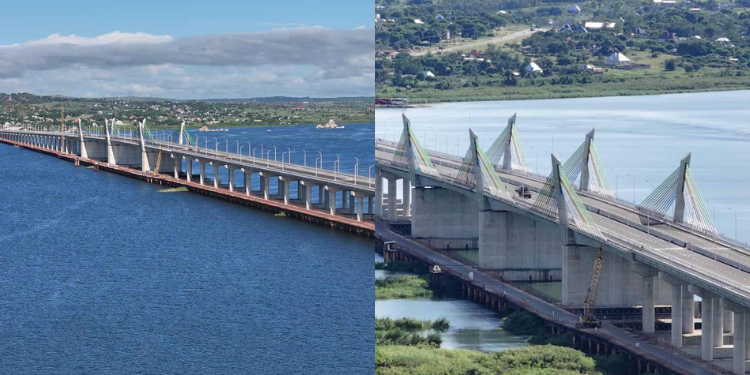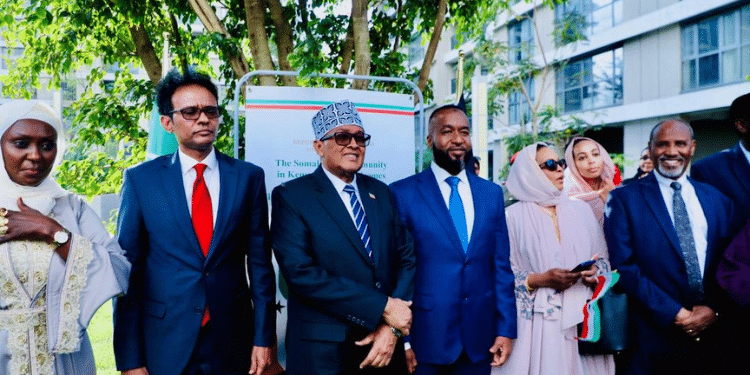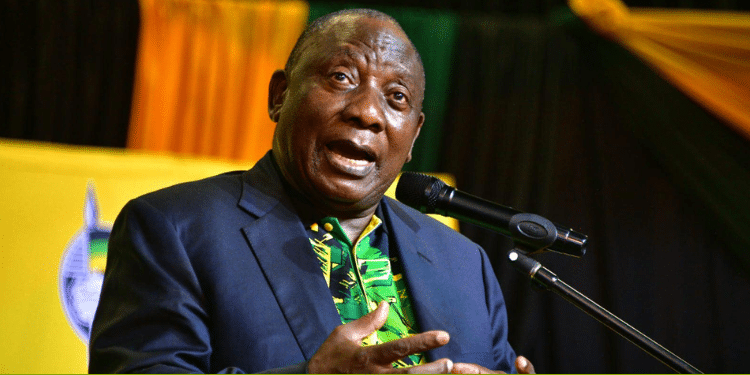Senegal’s President Macky Sall has scheduled the delayed presidential election for March 24, following a ruling by the Constitutional Council that a proposal to hold the vote after his mandate expires on April 2 was unconstitutional.
This decision came after a month-long electoral crisis that has sparked violent unrest and raised concerns from Senegal’s international allies about the country’s reputation as a stable democracy in West Africa.
“The President of the Republic informed the Council of Ministers that the date of the presidential election had been set for Sunday 24 March,” the council of ministers said in a statement.
The announcement came following a dramatic evening in which Sall dissolved the government and replaced Prime Minister Amadou Ba with Interior Minister Sidiki Kaba.

This was to allow the ruling coalition’s presidential candidate, to focus on his electoral campaign.
The Constitutional Council had previously ruled that a proposal from a national dialogue commission for the vote to be held on June 2 was not in line with the constitution.
Opposition Leader reacts to the new election dates
Opposition presidential candidate Anta Babacar, who was among the majority of the 19 contenders in the race pushing for the vote to be held as soon as possible, welcomed the new election date.
Also Read: Tension in Senegal as Parliament Takes Chaotic Vote
Babacar stated, “I think this is very good news. This is the reason why we were fighting for these past weeks and days, because we knew that it was actually possible to hold these elections before April 2”.
Unrest in Senegal
The turmoil in Senegal followed a thwarted bid by the authorities in early February to postpone the February 25 poll to December.
Sall cited concerns about electoral disputes for the move, but some of the opposition considered it an attempted institutional coup.
The opposition accused him of a “constitutional coup,” alleging that he was plotting to prolong his stay in office.

Sall however denied this saying that he had no intentions to prolong his term.
In an interview with The Associated Press, he said the country needed more time to resolve the controversies.
Wednesday evening also saw parliament approve an amnesty law proposed by Sall in an attempt to ease tensions as he navigates the standoff with the opposition.
The amnesty law could grant amnesty to hundreds of protesters and opposition members accused of crimes relating to anti-government protests in the last three years.
Human rights watch decries the new law
However, Human Rights Watch (HRW) warned on Tuesday that this law would also likely let security forces off the hook for excessive and sometimes deadly use of force against protesters.
At least 40 people have died during violent clashes since March 2021 with no accountability, according to HRW.
Also Read: Haiti is Counting on Kenya for Peaceful Elections as Violence Intensifies
Much of the political unrest was triggered by concerns that Sall was trying to muzzle his opponents and hold onto power past the end of his mandate, which he has denied.
A fresh round of protests broke out last month after he announced the plan to postpone the vote.
Senegal’s electoral crisis has been closely watched by international organizations and countries, as it could impact the country’s reputation as a stable democracy in West Africa.

